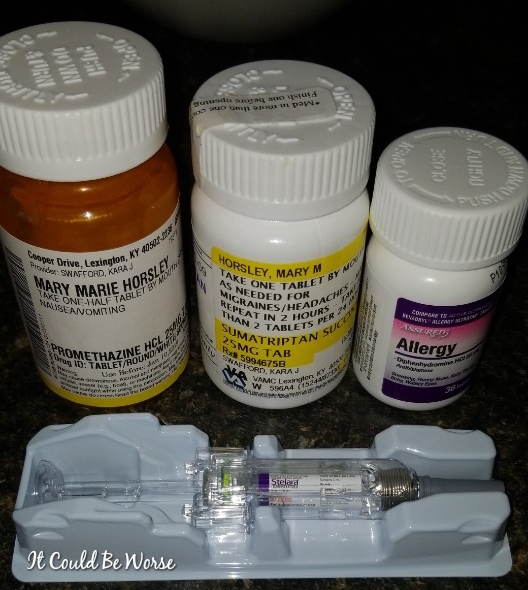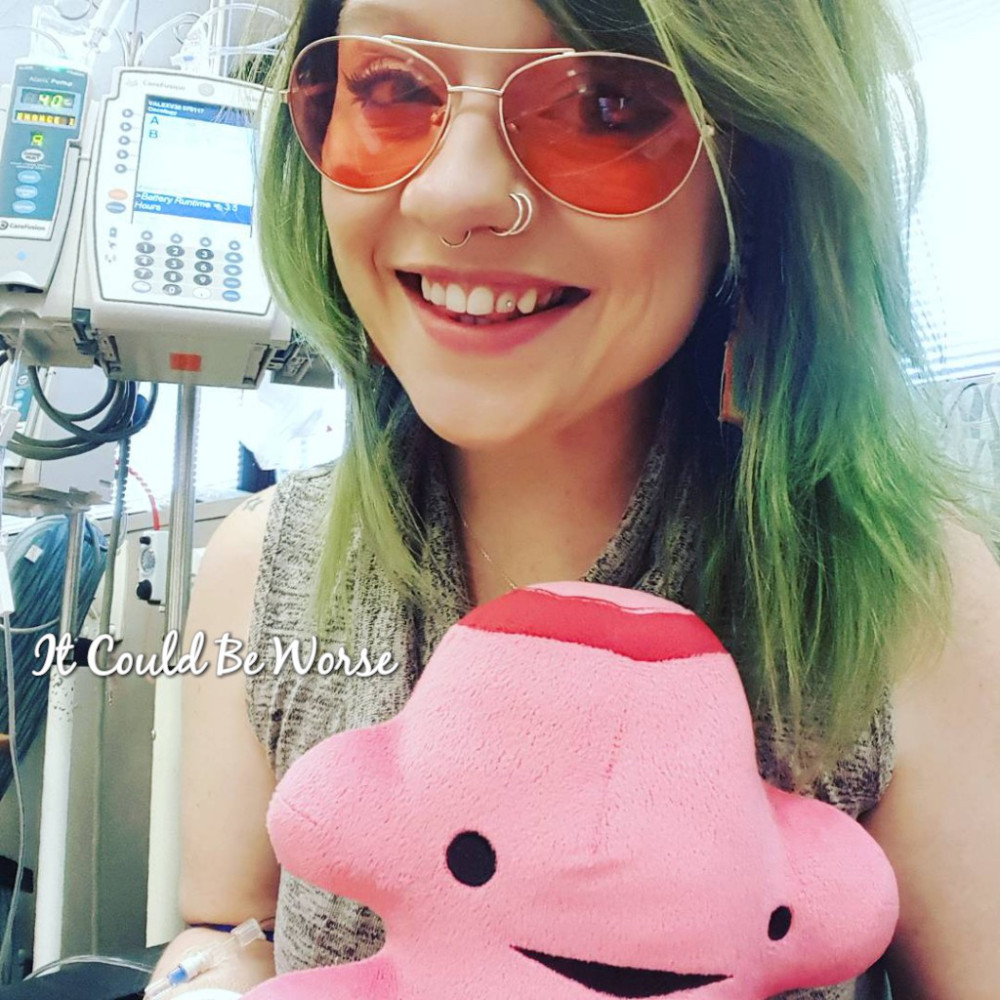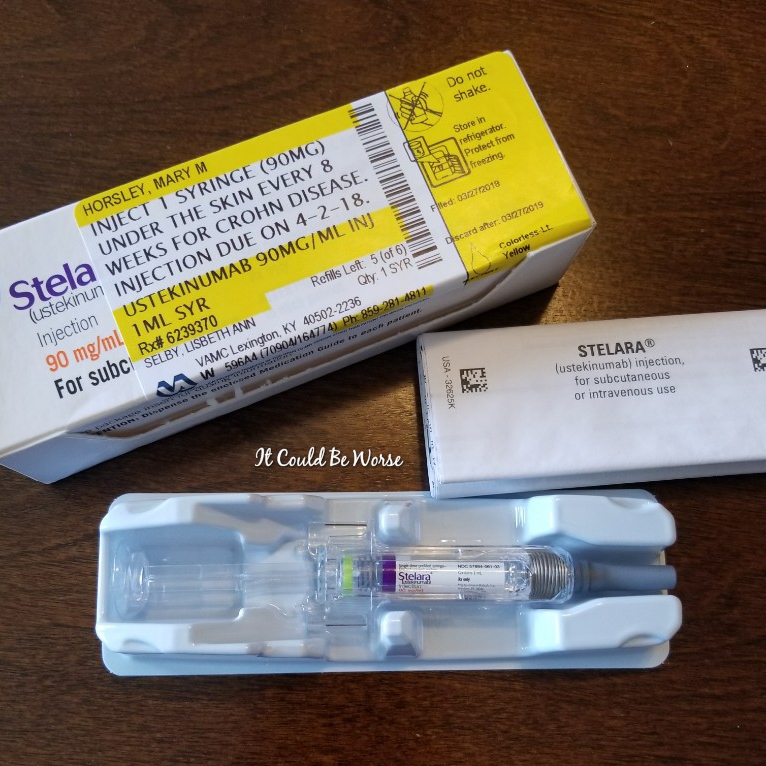Crohn’s disease management often requires the use of biologic medications. Premedication is used to help prevent adverse reactions from these treatments.
To prepare for any medication, reducing medication reactions and the risk of anti-drug antibodies is always of high importance to prevent adverse effects. In this column, I discuss the premedications sometimes needed to lessen the intensity of side effects caused by biologics.

These biologic medications, like any other medication, come with allergic reactions risks, or drug toxicity may occur.

I have taken almost all of the available biologics. Unfortunately, I suffer side effects easily. I always get nausea and migraines, and sometimes joint pain and insomnia.

Tylenol, Benadryl, and saline
- With almost every intravenous (IV) biologic medication I have been given, there has always been a medication cocktail that includes Tylenol, Benadryl, and usually a saline IV drip to help maintain hydration. Benadryl with Tylenol before biologics helps prevent fever, nausea, and other minor reactions to medication.

Mary Horsley self-injecting Humira. (Courtesy of Mary Horsley)
Hydrocortisone
- Hydrocortisone weakens the antibodies fighting the biological medications. Hydrocortisone is given intravenously before administering biologic medications.
Sumatriptan
- Imitrex (sumatriptan) and other triptan medications can prevent migraines. Some biologic medications may induce migraines, so adding these medications to a premedication list could be wise. I even wear glasses made specifically to help prevent migraines.

Promethazine
- Phenergan (promethazine) and other medications of the like are used for anti-nausea and vomiting. Phenergan is a drug I take daily — especially before biologic medications. These premedications prevent nausea and vomiting, as well as allergy-related symptoms.
It is important to note that medication reactions can occur immediately or be delayed, even a few days after dosage. It is important that you immediately notify your care team of any and all medication reactions, whether mild or severe.

***
Note: IBD News Today is strictly a news and information website about the disease. It does not provide medical advice, diagnosis, or treatment. This content is not intended to be a substitute for professional medical advice, diagnosis, or treatment. Always seek the advice of your physician or another qualified health provider with any questions you may have regarding a medical condition. Never disregard professional medical advice or delay in seeking it because of something you have read on this website. The opinions expressed in this column are not those of IBD News Today, or its parent company, BioNews Services, and are intended to spark discussion about issues pertaining to IBD.


